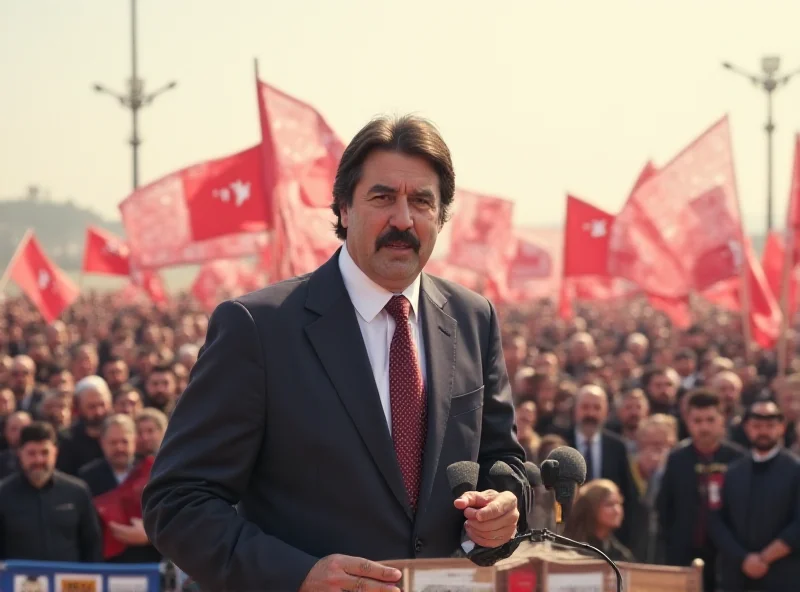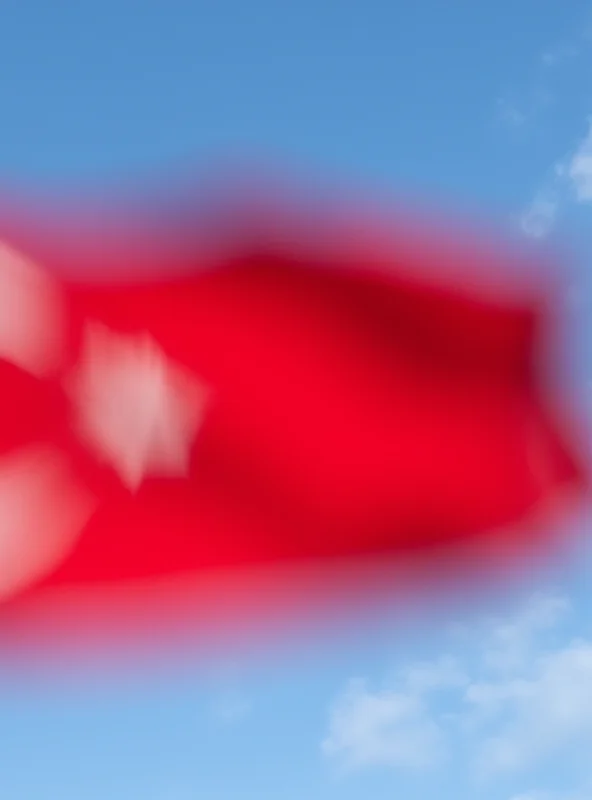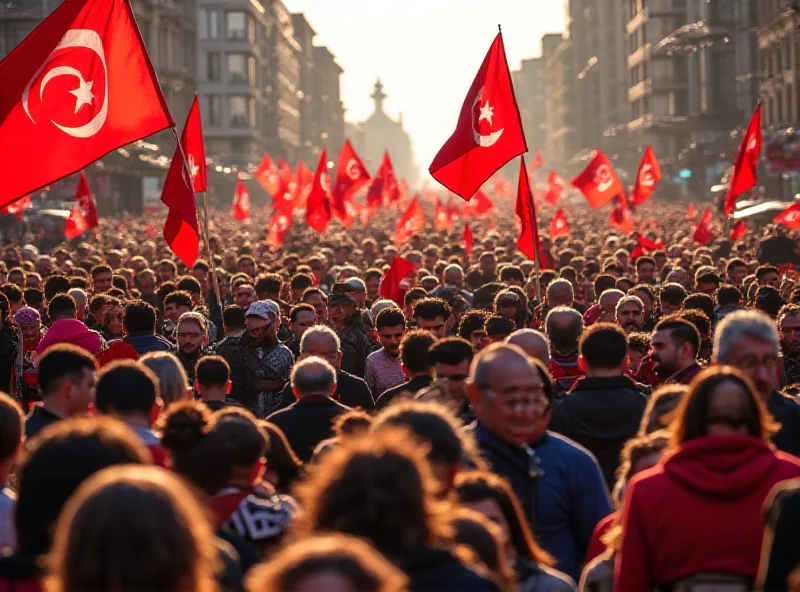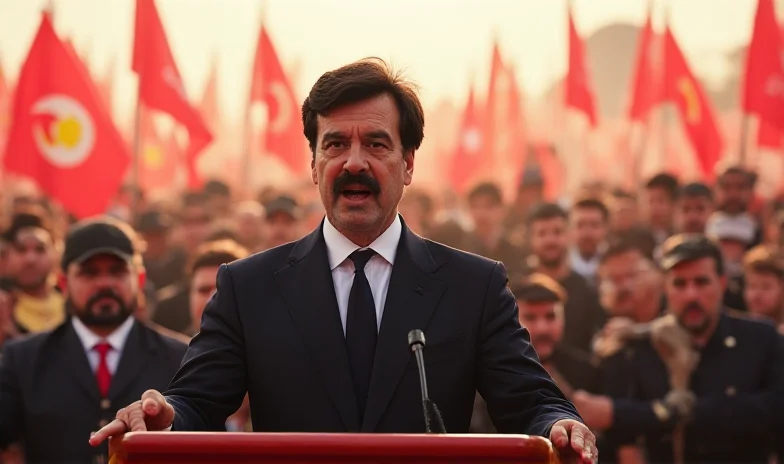In a potentially transformative move, Abdullah Öcalan, the imprisoned leader of the Kurdistan Workers' Party (PKK), has called for the organization's dissolution and an end to its decades-long armed struggle against the Turkish state. This announcement, delivered through Kurdish MPs who visited him in prison, marks a significant turning point in the conflict that has plagued Turkey since the 1980s.

A Historic Responsibility
Öcalan, 75, has been imprisoned in Turkey since 1999. Despite his confinement, he remains a powerful figure within the Kurdish movement. His call for dissolution and disarmament, awaited for weeks, carries immense weight. He stated he wants "to assume the historical responsibility of this call." This signals a willingness to potentially reshape the future of Kurdish-Turkish relations.
The PKK has been engaged in armed conflict with Turkey since 1984, seeking greater rights and autonomy for the Kurdish minority. The conflict has resulted in tens of thousands of deaths and has deeply impacted Turkish society.

Rejecting Secession, Embracing Identity
Importantly, Öcalan's call does not advocate for Kurdish secession or autonomy. Instead, he emphasizes the importance of respecting Kurdish identity, democracy, and freedom of expression within a unified Turkey. This approach aims for a peaceful resolution that acknowledges Kurdish rights while preserving Turkey's territorial integrity.
“The solution lies not in separation, but in mutual respect and understanding,” one Kurdish MP quoted Öcalan as saying. This statement highlights the shift in strategy from armed struggle to a focus on political and cultural rights.
What's Next?
The impact of Öcalan's call remains to be seen. It is a crucial first step, but the path towards lasting peace will require significant effort from both sides. Whether the PKK fighters and the Turkish government will embrace this opportunity for dialogue and reconciliation is the question on everyone's minds.

"This is a moment of great hope, but also great uncertainty. The coming weeks and months will be critical in determining whether this call for peace can translate into a lasting settlement."
The world is watching to see if this historic moment can finally bring an end to decades of conflict and pave the way for a more peaceful and inclusive future for both Kurds and Turks.
